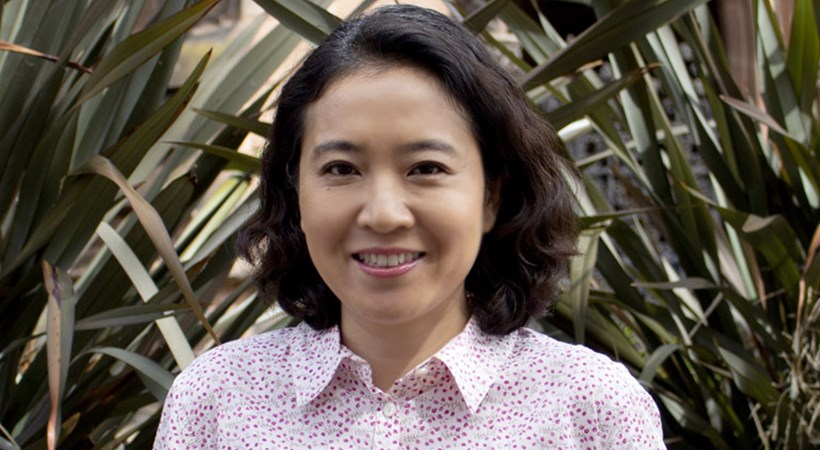This year, International Women’s Day is all about the promotion of gender equality throughout our world, the celebration of women, and breaking stereotypes. Women make up 51% of the UK population, and yet are still hugely underrepresented within engineering, with an estimated 11% of female engineers currently in industry. The statistics are just as unflattering within engineering education, and in 2017 it was reported that just 15% of UK engineering undergraduates were women.
NMITE academic, Assistant Professor Pooh Ling E, who spent her early career working as an R&D engineer in the semiconductor industry, has taught and observed engineering education across Malaysia, the Netherlands, the Middle East and now the UK. Pooh Ling gives her thoughts on why she believes the numbers are so little for women within engineering in the UK.
“From my observation, from East to West, there are more women working within STEM in the East. In Asia and the Middle East, the ratio of female to male students can be as high as 90:10 in some areas such as chemical engineering, and for other engineering disciplines it is around 40:60, with the lowest around 20:80 in civil engineering. It is very different in the West.
In the East, I saw far more women in engineering. Perhaps this is because there seems to be more of a general awareness there that engineering is a high skillset job to have, so there is certainly a financial drive there; It is known that becoming an engineer means financial security, despite whether they actually have a passion for the subject matter (though sometimes this passion can come after). In the past, there hasn’t been much of any kind of awareness around engineering within the UK, and the term ‘engineering’ has not been kept so exclusive. I believe this may be what has contributed towards the current assumptions of what an engineering role involves. In the UK, young people are very free to follow their passions and make choices, and they may not have the same social economic factors as much of the East, and for many years, I believe women have not really been encouraged to make engineering that passion, often with girls not even realising that it is an option. They simply have very little idea of the range of jobs that they can go into within engineering, never mind the potential financial gain, and so it has not even been considered.
Some women, I think put off engineering as they associate the word exclusively with field work and perhaps being far from home. And for those wanting to have careers closer to home, this might make engineering seem an unattractive option to them. But this is not true. There are actually many, many areas within engineering that enable people to work from home or in a fixed location. Engineering is much more than hard hats and worksites. IC layout engineers, in electronic engineering for example, can choose to work from home on their computers, and actually there are many women in the US and other countries who do this, likewise for design engineers!”
We are certainly going in the right direction to start addressing the shortage of women in engineering, but there is so much still to be done in showcasing the vast array of jobs in which engineering covers and making these real contenders for young girls. Pooh Ling recently attended an engineering event within the UK, where she was the only female engineer. The ratio was 1:22. So what can we do to inspire more women to consider a career in engineering?
“As I have seen, a lot of places say you need to have excellent grades in maths and physics, but much of the time, and for the majority of engineering fields, you only really need a certain level of knowledge. Many women may have made subject choices early on that they don’t feel relate to engineering, but in reality, it can still be a very real possibility for them. We need to break the stereotypes associated with engineering, and make the discipline come alive for young people, we need to make them aware of all the opportunities a career in engineering can give them, and all the different routes in which they can take. Engineering can be aesthetic, it can fit around your family and life, it can be to do with your passions. There are so many areas, that a career in engineering can be for anyone. We just need to make people realise that.”







